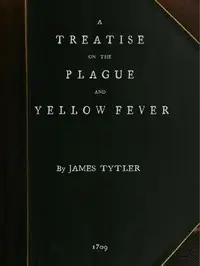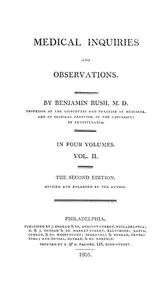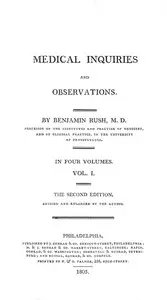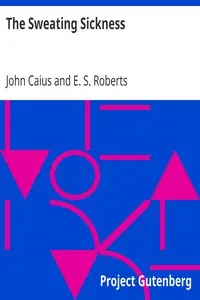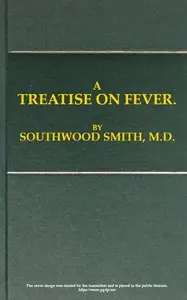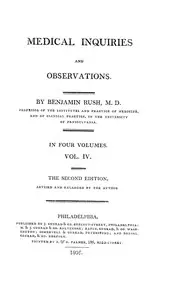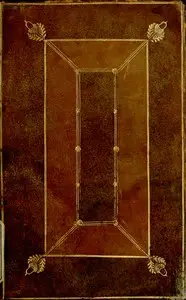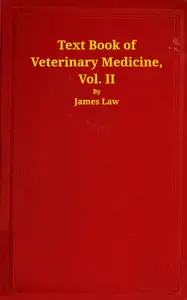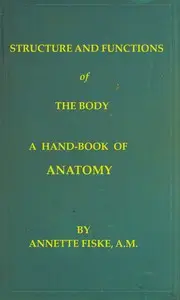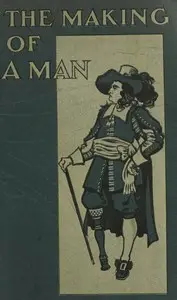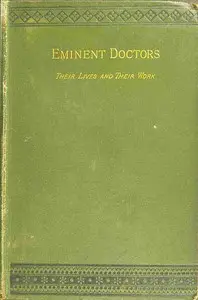"Medical Inquiries and Observations, Vol. 3" by Benjamin Rush is a book from the 1800's where you will learn about the science of fevers. Starting with the idea that fevers come from weakness in the body, Rush uses his experience as a doctor to explain the different reasons behind them. He examines conditions and unusual triggers that can cause someone to get a fever. He then talks about how the body's weakness, excitability, and different triggers all work together to create the many forms and signs of fevers. He tries to create a single idea that explains what fevers are all about by looking closely at how they show up, how to treat them, and by looking at past cases and situations.
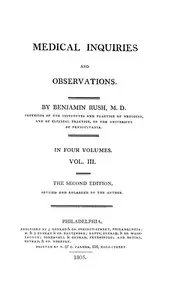
Medical Inquiries and Observations, Vol. 3 The Second Edition, Revised and Enlarged by the Author
By Benjamin Rush
Explore 19th-century medical wisdom to understand how fevers originate from bodily weakness and excitability, offering a framework for identifying triggers, observing symptoms, and discovering treatments.
Summary
About the AuthorDr. Benjamin Rush was an American revolutionary, a Founding Father of the United States and signatory to the U.S. Declaration of Independence, and a civic leader in Philadelphia, where he was a physician, politician, social reformer, humanitarian, educator, and the founder of Dickinson College. Rush was a Pennsylvania delegate to the Continental Congress. He later described his efforts in support of the American Revolution, saying: "He aimed right." He served as surgeon general of the Continental Army and became a professor of chemistry, medical theory, and clinical practice at the University of Pennsylvania.
Dr. Benjamin Rush was an American revolutionary, a Founding Father of the United States and signatory to the U.S. Declaration of Independence, and a civic leader in Philadelphia, where he was a physician, politician, social reformer, humanitarian, educator, and the founder of Dickinson College. Rush was a Pennsylvania delegate to the Continental Congress. He later described his efforts in support of the American Revolution, saying: "He aimed right." He served as surgeon general of the Continental Army and became a professor of chemistry, medical theory, and clinical practice at the University of Pennsylvania.

